 What Should You Do If Your Lock Is Damaged or Broken
What Should You Do If Your Lock Is Damaged or Broken
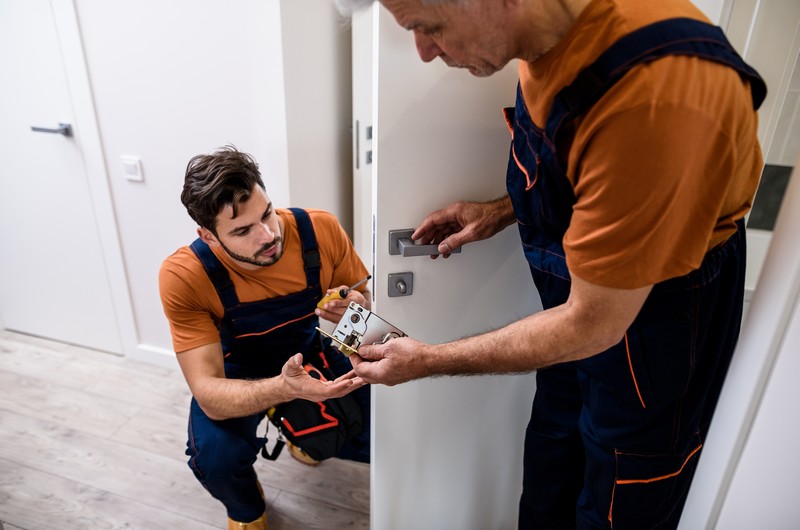
When confronted with a damaged or broken lock, your immediate priority is to ensure the security of your premises. If the lock cannot be repaired promptly, consider temporary measures such as installing a slide bolt or a portable lock device that can offer interim security. It’s imperative to avoid forcing a malfunctioning lock to operate, as this may cause further damage or compromise the lock’s integrity, potentially leaving your property vulnerable.
Emergency Lock Services by All Service 4U
In urgent lock situations, All Service 4U provides swift assistance to secure your property. Their emergency services are designed to address lockouts, repair damaged locks, or replace them if necessary. By contacting All Service 4U, you can expect a professional response that prioritises the safety and security of your property.
Visible Signs of Irreparable Lock Damage
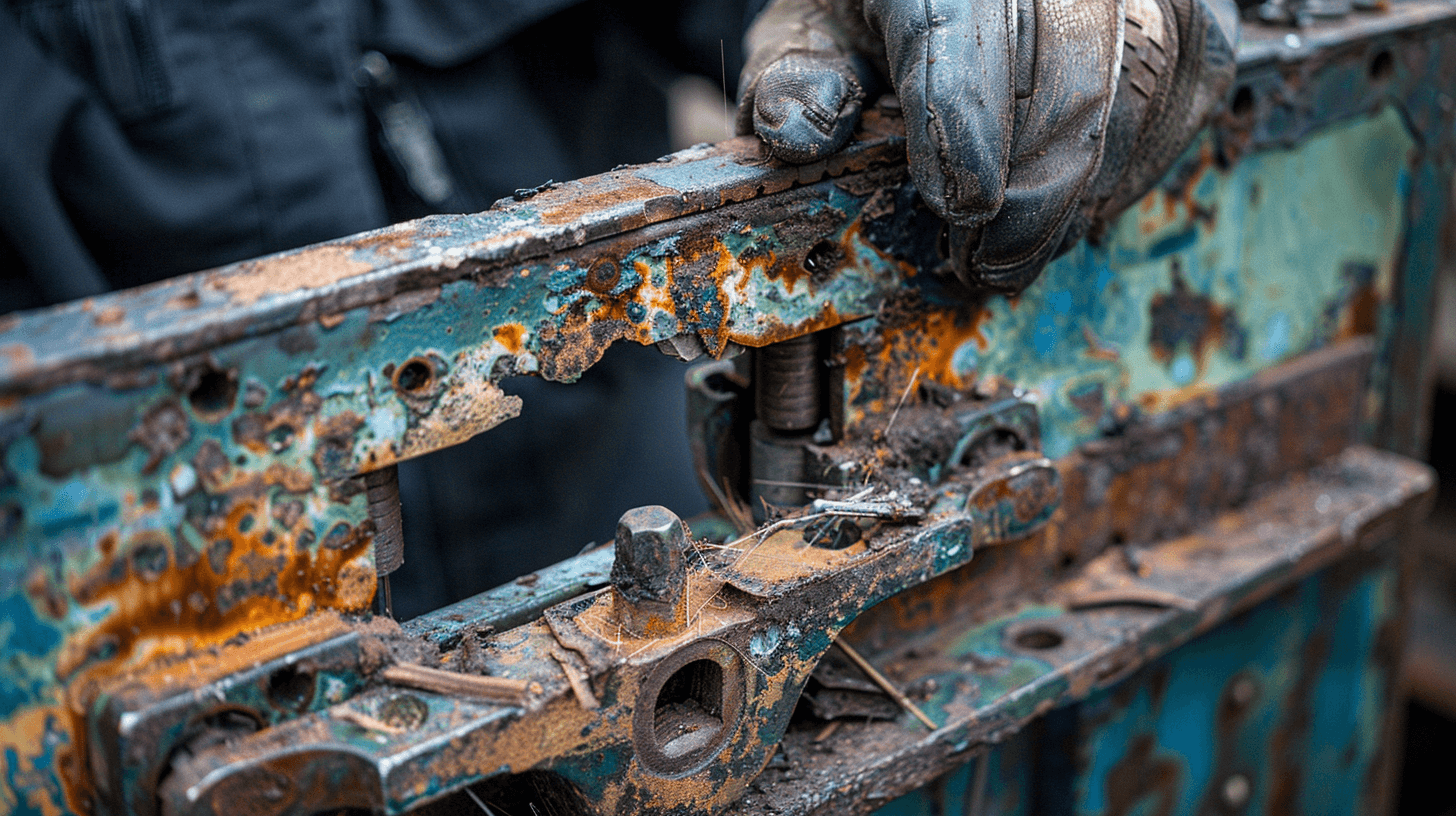
When assessing lock damage, certain indicators suggest a lock is beyond repair. Visible signs include severe wear, deformation of lock components, and visible breakage. If the key no longer aligns with the lock mechanism or there is evident corrosion that impedes the lock’s function, these are clear signals that the lock likely needs replacement.
Assessing Repairability vs. Replacement Need
To determine if a lock can be repaired or must be replaced, evaluate the lock’s operation. Difficulty in turning the key, a latch that fails to retract or extend fully, or a deadbolt that doesn’t align properly with the strike plate are all issues that may be repairable. However, if the lock’s internal mechanism is damaged or there has been a security breach, replacement is the safer option.
Risks of Overlooking Minor Lock Damage
Ignoring minor lock damage can lead to more significant security risks over time. What may begin as a nuisance, like a sticky keyway, can escalate to a complete lock failure, potentially leaving your property vulnerable to unauthorised entry or lockouts.
Security Compromises Due to Lock Damage
Compromised locks can significantly weaken the security of a property. Damaged locks are easier to pick, break, or bypass, which not only makes it easier for intruders to gain entry but may also invalidate property insurance claims if a break-in occurs due to neglected lock maintenance.
Appropriate Circumstances for DIY Lock Repair
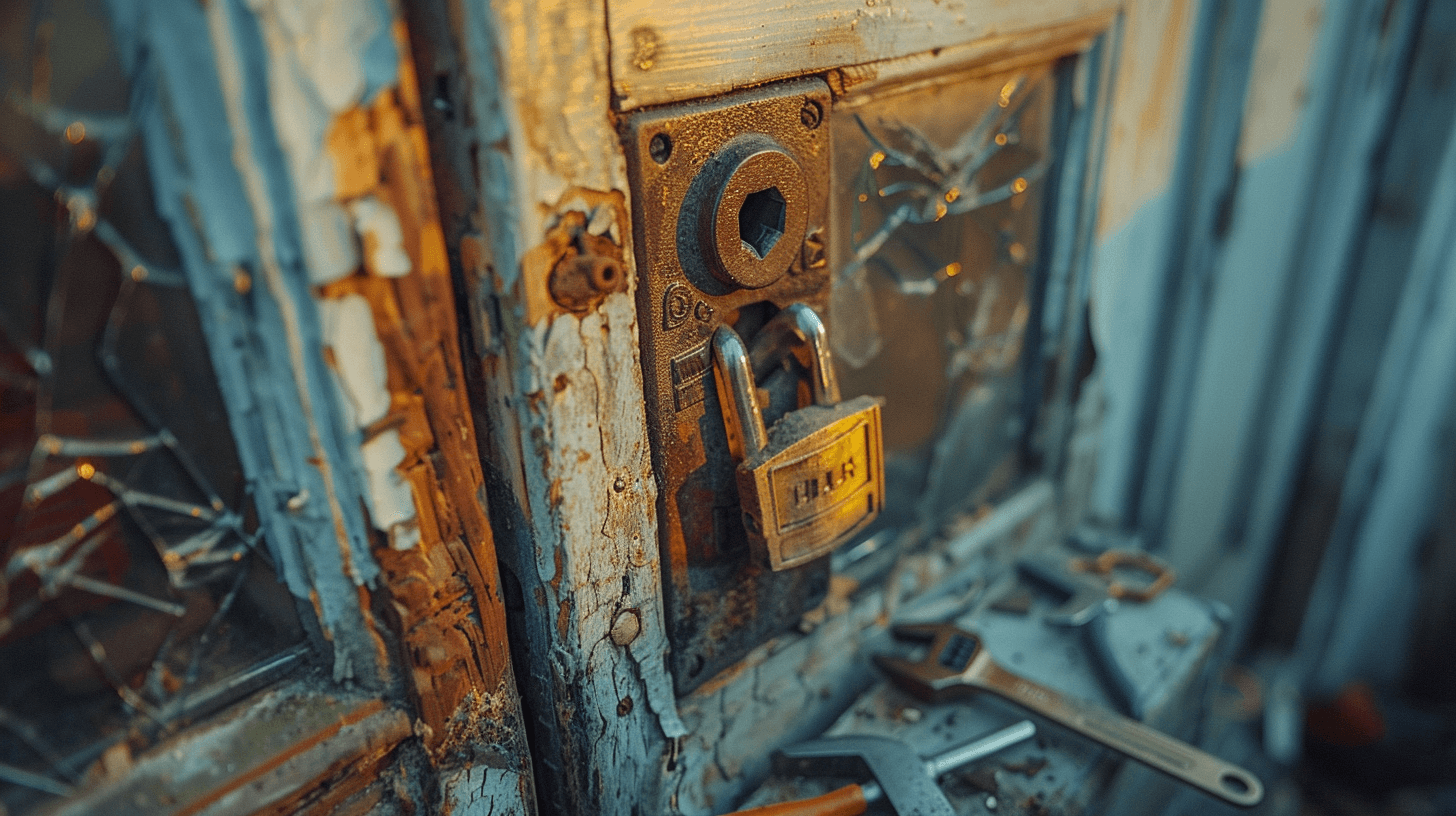
Business owners may consider a DIY approach to lock repair for simple issues such as tightening loose screws or lubricating a stiff lock. These tasks typically do not require specialised skills and can be performed with basic tools. However, it is crucial to recognise the limitations of one’s expertise to avoid exacerbating the problem.
Common Pitfalls in DIY Lock Repair
Attempting to repair locks without the proper tools or knowledge can lead to common mistakes, such as misaligning the lock mechanism or damaging the lock’s internal components. These errors can compromise the lock’s integrity and potentially the security of the premises.
The Importance of Professional Locksmith Services
Professional locksmiths ensure security compliance by adhering to industry standards and local regulations. Their expertise allows them to diagnose and resolve complex issues without compromising the lock’s security features. They are equipped to handle a variety of lock types and can provide solutions that maintain the warranty and integrity of the lock.
Deciding Between DIY and Professional Locksmith Repair
When deciding between DIY and professional repair, consider the complexity of the lock issue, the value of the property being secured, and the potential impact on insurance coverage. If the repair involves the lock’s internal mechanism or security features, or if the lock is under warranty, it is advisable to seek professional services to ensure the job is done correctly and securely.
Essential Tools for Basic Lock Repair
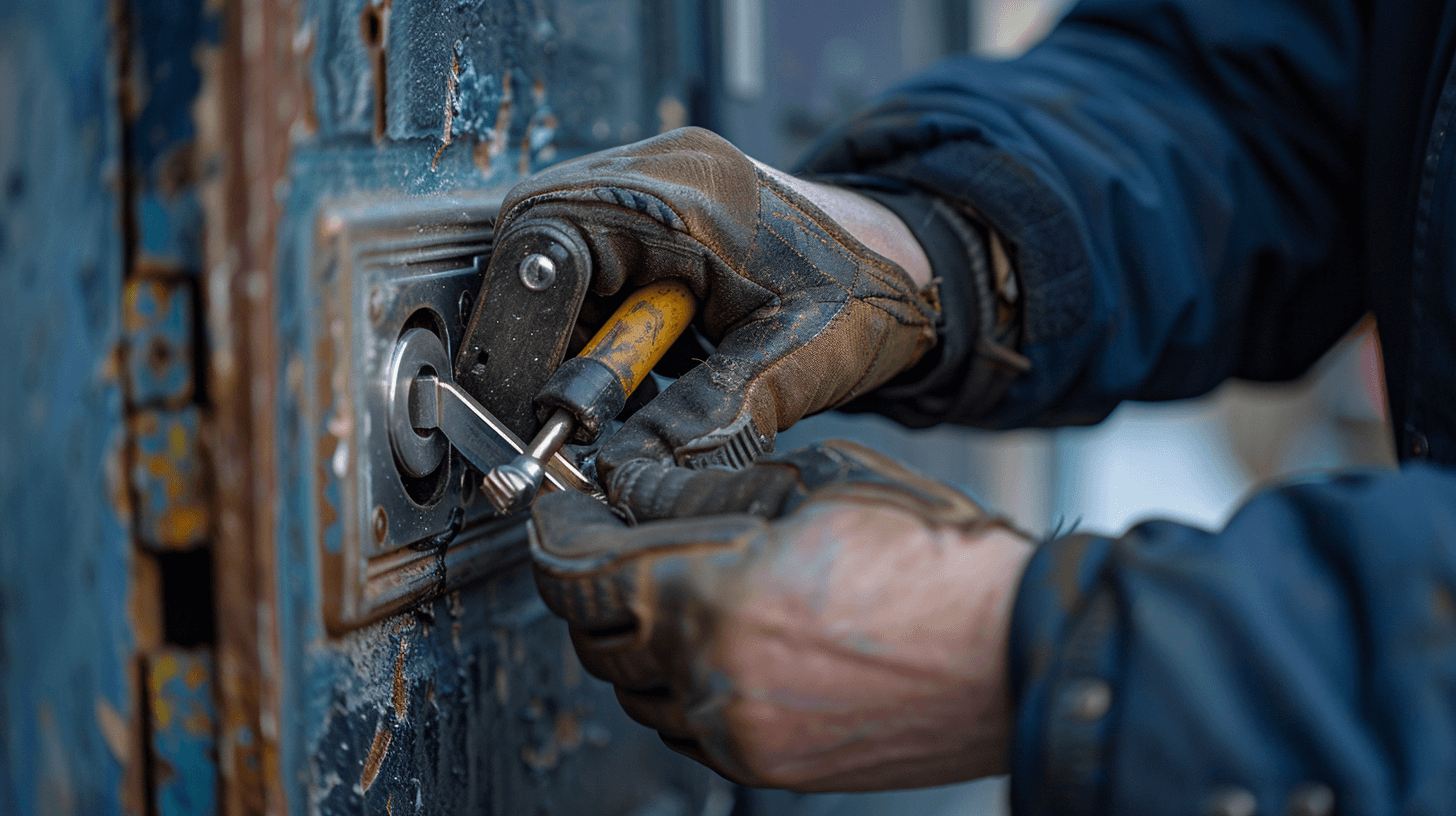
For a basic lock repair, you will need a set of screwdrivers, a lock pick set for troubleshooting, needle-nose pliers, a lubricant such as graphite powder, and replacement parts specific to your lock type. It’s crucial to have the correct size and type of screwdriver to avoid stripping the screws or damaging the lock.
Safely Dismantling a Lock
To safely dismantle a lock, start by removing the screws on the lock faceplate. Gently extract the lock cylinder, being careful not to force any components. If resistance is met, apply a lubricant to ease the disassembly process. Keep all parts organised to ensure a smooth reassembly.
Repairing Common Lock Issues
For common issues like a loose lock, tighten the screws on the faceplate and ensure the lock cylinder is secure. If the lock is jamming, clean out the keyway with a lock pick to remove debris, and apply lubricant. For more complex issues such as internal mechanism faults, consult the lock’s manual or seek professional advice.
Guidance from All Service 4U
All Service 4U can provide detailed guides and support for DIY lock repair. Their expertise can help you diagnose the issue, select the right tools and materials, and guide you through the repair process with step-by-step instructions to ensure the security of your property is maintained.
Criteria for Locksmith Qualifications and Credentials

When selecting a locksmith for repair or replacement, it is essential that they possess specific qualifications and credentials. A qualified locksmith should have a valid licence, which indicates they have met the necessary legal requirements to practice in your area. Additionally, they should be insured to protect your property against any potential damage during the repair or installation process.
Verifying Locksmith Legitimacy and Expertise
To verify the legitimacy and expertise of a locksmith, property owners should conduct thorough research. This includes checking for membership in professional organisations such as the Master Locksmiths Association (MLA), confirming their business address and contact information, and reviewing customer feedback and ratings on trusted platforms.
Ensuring Transparency in Locksmith Services
Transparency is key when dealing with locksmith services. Property owners should inquire about the full scope of the work to be performed, request a detailed quote including labour and parts, and ask about any additional fees that may apply. It is also advisable to request a written contract outlining the services to be provided.
All Service 4U’s Commitment to Qualified Locksmith Provision
All Service 4U ensures the provision of qualified locksmiths by vetting professionals based on their credentials, experience, and customer satisfaction records. They connect property owners with locksmiths who have a proven track record of delivering quality service and adhering to industry standards.
Common Lock Types in Properties
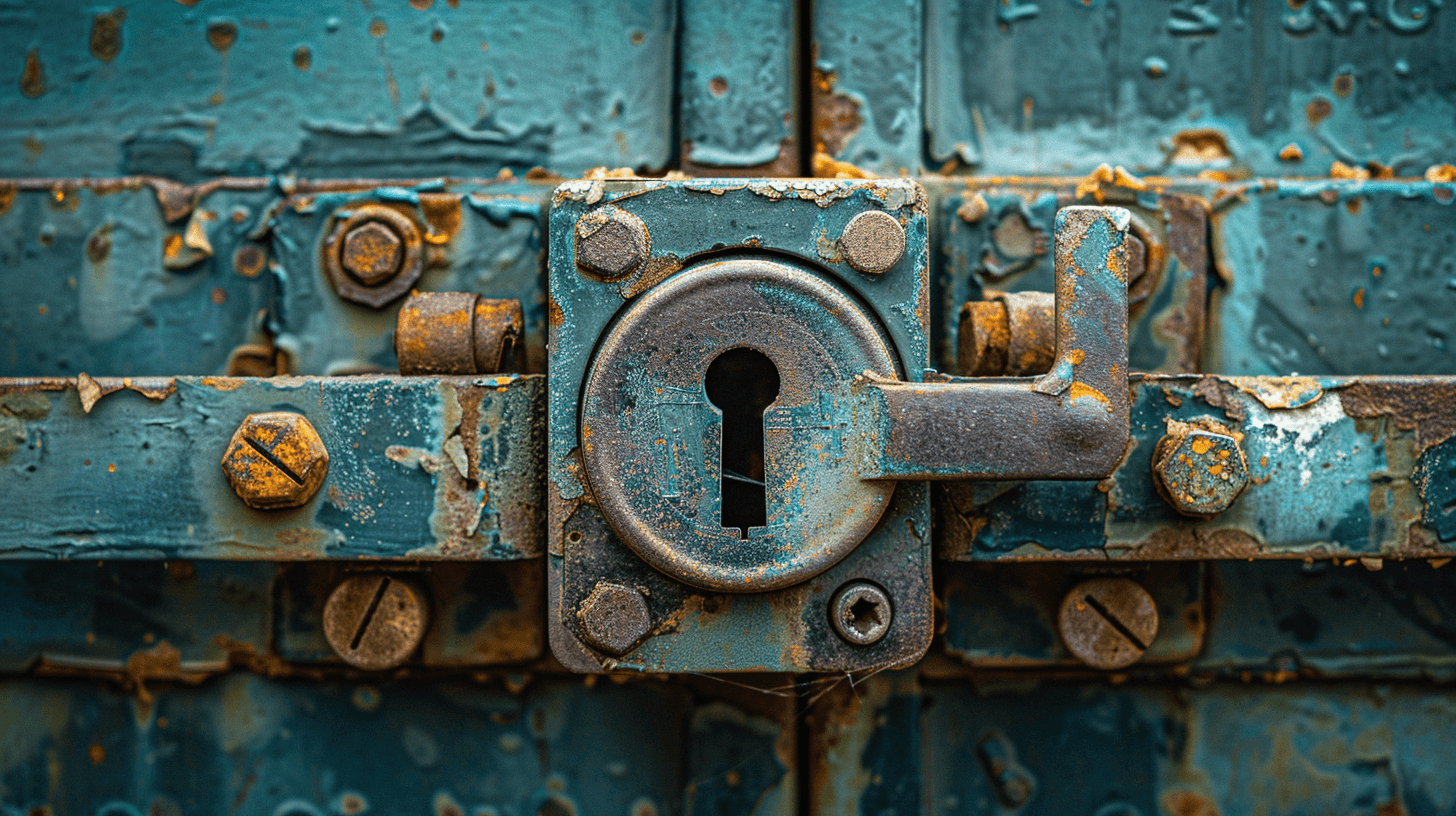
Residential and commercial properties typically employ a variety of locks, each serving different security purposes. The most common types include deadbolts, which provide substantial protection against forced entry, and knob locks, often used for interior doors. Lever handle locks are prevalent in commercial settings due to their ease of use, while padlocks remain a versatile option for securing external assets.
Functionality and Vulnerabilities of Lock Mechanisms
Lock mechanisms operate on the principle of aligning internal pins or wafers to allow the turning of the key. Deadbolts, for instance, use a bolt that extends into the door frame, while knob locks use a latch mechanism. Each type has its vulnerabilities; for example, knob locks are susceptible to bypass techniques due to their accessible keyhole and latch system.
Selecting the Appropriate Lock Type
Choosing the right type of lock is critical for meeting specific security needs. High-traffic areas may benefit from grade 1 commercial locks, while a secure deadbolt may be more appropriate for residential exterior doors. The selection should be based on the desired level of security, the frequency of use, and the type of door material.
Troubleshooting with Knowledge of Lock Mechanisms
Understanding how different lock mechanisms function can greatly aid in troubleshooting. Recognising common issues, such as a stuck deadbolt or a loose lever handle, allows for quicker diagnosis and repair. Familiarity with lock types also informs whether a problem can be resolved through maintenance or if a lock needs to be upgraded to a more secure model.
Professional Lock Installation Steps

Professional lock installation is a meticulous process that involves several key steps to ensure the security and functionality of the lock. Initially, the locksmith will assess the door, frame, and existing hardware to determine the appropriate lock type and installation method. Next, precise measurements are taken to align the lock correctly with the door and frame.
Addressing Terrain and Property Specifics
The specifics of the property, including the type of door material and the terrain, can influence the installation process. For instance, metal doors require different tools and techniques compared to wooden doors. Terrain challenges, such as uneven ground or unconventional door frames, may necessitate custom solutions to ensure the lock is installed securely.
The Importance of Precision in Lock Installation
Precision is paramount in lock installation to guarantee the lock operates smoothly and provides the intended level of security. Accurate drilling and alignment prevent issues such as sticking keys or difficulty in latching, which could compromise the lock’s effectiveness and longevity.
All Service 4U’s Role in Quality Installation
All Service 4U plays a critical role by providing experienced locksmiths who are equipped with the necessary tools and knowledge to handle diverse installation scenarios. They ensure that each step of the installation process is performed with precision, from selecting the right lock to the final inspection, thus upholding the highest standards of security and customer satisfaction.
Evaluating Installation Quality

After a locksmith has installed a new lock, it is crucial for property owners to evaluate the work to ensure it meets security standards. Check that the lock and its hardware are firmly affixed with no loose components. The key should turn smoothly without resistance, and the lock should engage fully with the door frame. Any misalignment or difficulty in operation may indicate a need for adjustment.
Expected Follow-Up Services
A professional locksmith should offer follow-up services post-installation. This typically includes a service warranty period during which any malfunctions related to the installation are rectified at no additional cost. Property owners should expect the locksmith to provide clear instructions on how to operate and maintain the new lock.
The Role of Maintenance Guidance
Maintenance guidance is essential to prolong the life of the lock and maintain its security integrity. The locksmith should advise on regular cleaning, lubrication schedules, and checks for wear and tear. Adhering to these maintenance recommendations can prevent common lock issues from arising.
Post-Installation Support from All Service 4U
All Service 4U provides comprehensive post-installation support, ensuring property owners have access to professional assistance should any issues with the lock arise. Their support includes maintenance tips, troubleshooting assistance, and warranty service, ensuring the longevity and reliability of the lock installation.
Legal Requirements for Lock Installation and Repair

When undertaking lock installation or repair, it is imperative to comply with local building codes and regulations. These legal requirements may dictate the types of locks that can be used, the methods of installation, and the qualifications of the individuals performing the work. Ensuring adherence to these standards is not only a matter of legality but also one of safety and security.
Zoning and Utility Considerations in Lock Replacement
Zoning laws and utility locations play a critical role in lock replacement, particularly when modifications to the property’s structure are necessary. Before proceeding, it is essential to consult zoning regulations to avoid violations and to identify utility lines to prevent accidental damage during installation.
Importance of Regulatory Standards in Lock Servicing
Adhering to regulatory standards in lock servicing ensures that the security devices installed on your property are reliable and effective. Compliance with these standards also protects you from potential liabilities and helps maintain the validity of property insurance policies.
All Service 4U’s Compliance Assurance
All Service 4U is committed to upholding legal standards by ensuring that all locksmiths in their network are fully licenced and trained to comply with current regulations. They stay informed of any changes in legislation to guarantee that the services provided meet or exceed the required legal criteria.
Routine Maintenance to Prevent Lock Damage

Routine maintenance is key to extending the life of your locks and preventing damage. Regularly cleaning and lubricating the lock mechanism can prevent the accumulation of dirt and grime that can cause wear and tear. Checking and tightening screws can prevent the lock from becoming loose, which is a common issue that can lead to further damage.
Mitigating Environmental Factors
Environmental factors such as moisture, temperature fluctuations, and dust can adversely affect lock functionality. To mitigate these factors, consider using weather-resistant locks for exterior doors, applying protective lubricants designed for extreme temperatures, and installing covers to shield locks from direct exposure to harsh weather conditions.
Advantages of Modern Lock Systems
Modern lock systems offer enhanced security features that can reduce the risk of damage and unauthorised entry. Property owners are encouraged to consider smart locks, which provide keyless entry options and can alert you to tampering, or high-grade deadbolts that offer superior resistance to physical attacks.
All Service 4U’s Preventative Strategies
All Service 4U recommends a proactive approach to lock maintenance. This includes scheduling regular professional inspections to identify and address potential issues before they escalate. They also advise on the latest security technologies and can assist in upgrading to more robust locking systems that offer both convenience and heightened security.
Advantages of Smart Lock Technology
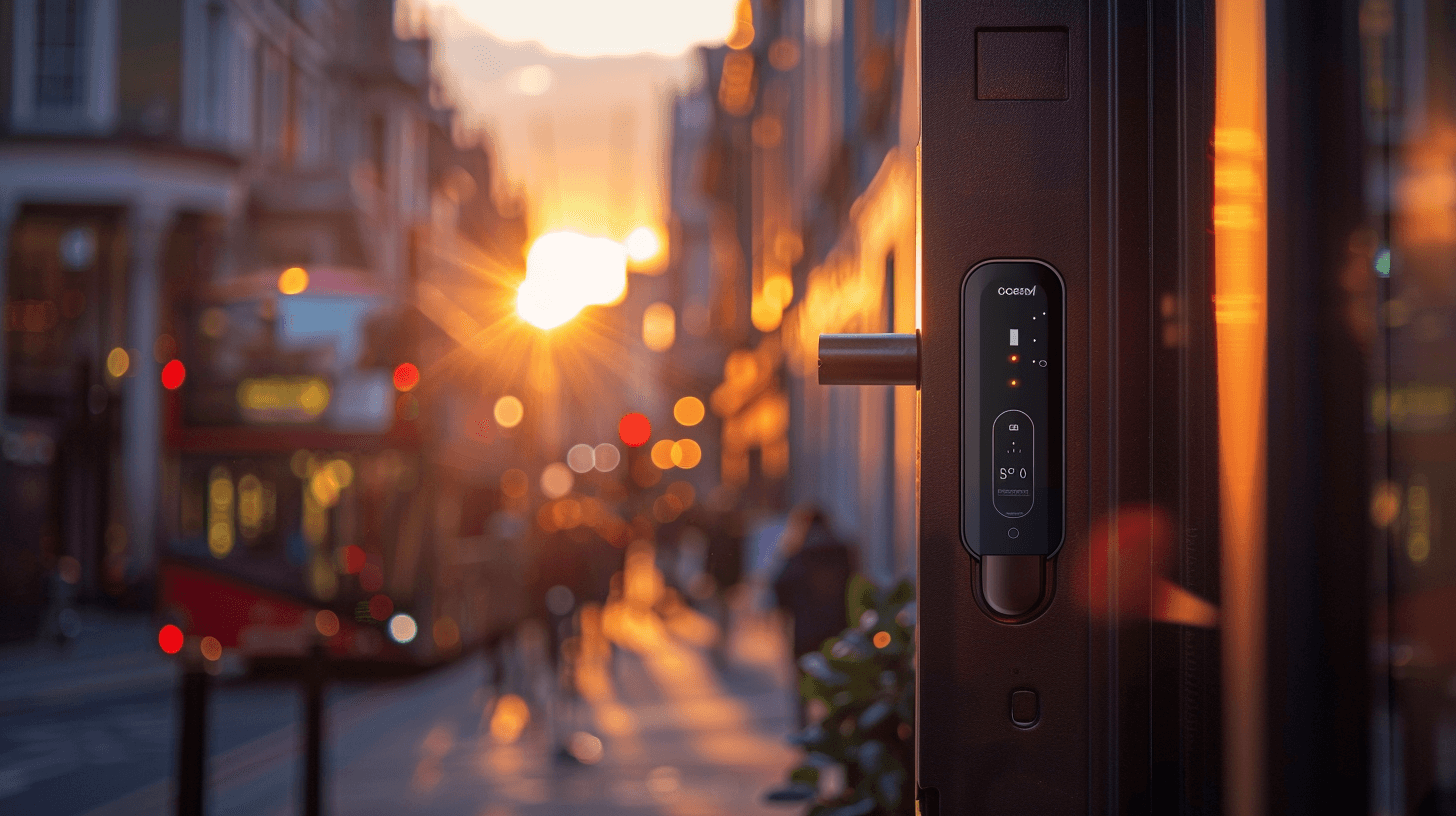
Upgrading to smart locks offers enhanced security, convenience, and control. Smart locks often feature keyless entry, remote access, and the ability to track entry and exit through mobile applications. This technology allows for custom access codes and the ability to change or revoke access as needed, providing a higher level of security management.
Integration with Traditional Locking Mechanisms
Advanced security systems can be integrated with existing traditional locks, augmenting them with additional features such as alarm systems or surveillance cameras. This integration allows for a layered security approach, combining the physical strength of traditional locks with the monitoring and alert capabilities of modern technology.
Considerations for Transitioning to Smart Security
When considering the transition to smart locks, property owners should evaluate the compatibility with their current door hardware, the connectivity requirements such as Wi-Fi or Bluetooth, and the level of security the smart lock provides. It is also important to consider the battery life and what happens in the event of a power outage or network failure.
All Service 4U’s Role in Security Upgrades
All Service 4U assists in the transition to advanced security systems by providing expert advice on the best smart lock solutions for your needs. They offer installation services to ensure that the smart locks are integrated correctly with your property’s existing security infrastructure, ensuring seamless operation and enhanced protection.
Prompt Response to Lock Damage

Addressing lock damage promptly is essential to maintain security and prevent unauthorised access. A damaged lock can be a weak point in your property’s defence, making it crucial to act swiftly to restore its integrity. Delaying repairs can lead to increased vulnerability and potential safety risks.
Maintaining Lock Integrity for Security
Lock integrity is a cornerstone of overall property security. A fully functional lock system deters unauthorised entry and provides peace of mind. Regular maintenance and immediate attention to any damage are vital in upholding the security of your premises.
Investing in Quality Lock Services
Investing in quality lock repair and replacement offers long-term benefits, including enhanced security, reduced risk of future malfunctions, and potential insurance premium reductions. High-quality locks are more resistant to wear and tampering, ensuring lasting protection.
All Service 4U’s Role in Lock Security
All Service 4U assists in maintaining the security and integrity of your locks by providing access to skilled locksmiths who offer reliable repair and replacement services. Their expertise ensures that any lock-related issues are addressed efficiently, with a focus on restoring and enhancing the security of your property.

